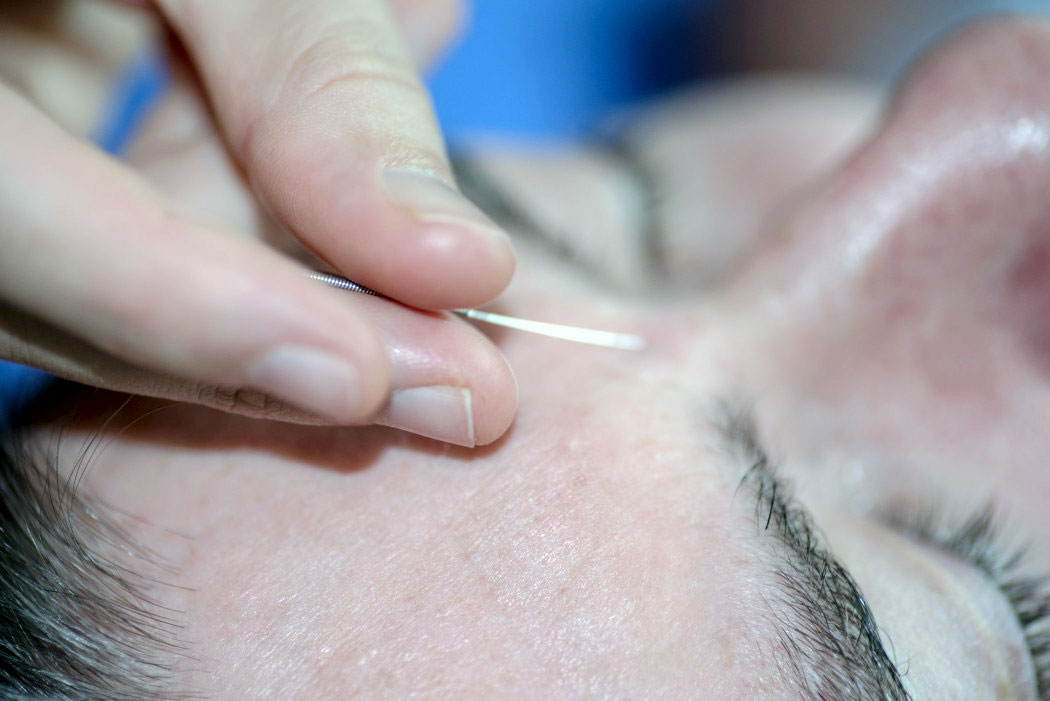
If you often hear a clicking, buzzing, whistling, ringing, humming, whooshing, or hissing sound that no one else can hear in one or both of your ears, then there is a good chance you are experiencing tinnitus. A common condition, tinnitus roughly affects nearly 50 million Americans, according to the American Tinnitus Association. Currently, there is no cure, and doctors still are not sure how tinnitus occurs. One of the reasons is because there is a vast number of health disorders that tinnitus can be a symptom of, so it can be difficult to pinpoint in many cases. This is unfortunate because tinnitus symptoms can be difficult for a person to deal with and can negatively affect your emotional state and even your life. However, there are ways to get a handle on your tinnitus symptoms. One method that is gaining popularity is using acupuncture for tinnitus symptoms.
While it can differ from person to person, the most common causes of tinnitus are aging, earwax buildup, hearing loss, hormonal changes, noise exposure, medications, head or neck trauma, or TMJ. In some instances, if the problem is known, treatment of the issue may relieve tinnitus. However, for those who are still searching for the source of their problem, using alternative treatment methods may give you some relief. One of the methods that are becoming more commonly used is using acupuncture for tinnitus symptoms. Acupuncture is an ancient practice that places fine, thin needles into the skin along the body’s meridian channel points to help promote healing throughout the body and can help offer relief for many conditions, including tinnitus.
Recently, several controlled studies have revealed that acupuncture can be used as an effective method to help relieve tinnitus symptoms. While using acupuncture for tinnitus symptoms may not work for everyone, acupuncture may help the patient cope with the stress that comes with tinnitus, even if the noise level remains unchanged. For many, acupuncture can be very relaxing, and it can help activate your body’s natural healing response. During an acupuncture treatment, enkephalins and endorphins are released into your body, which can help relieve pain and helps promote relaxation.
Another study that helps support the benefits of acupuncture and tinnitus comes from China. Researchers from Hubei Province hospital conducted a trial on the effects of acupuncture and ginger moxibustion patients who were experiencing tinnitus symptoms. It was discovered that 91% of the patients experienced an improvement in their tinnitus symptoms. In another study, researchers from the Isfahan University of Medical Sciences took 54 tinnitus patients and divided them into a placebo and treatment group. When the study concluded, it was discovered that the treatment group had shown a significant reduction in their tinnitus symptoms, while the placebo group showed no significant change.
Curious if using acupuncture for tinnitus will work for you? When used in conjunction with the standard Western treatment methods, alternative treatments such as acupuncture may help with your tinnitus symptoms. However, before you give acupuncture a try, consult with your doctor first before undergoing treatment.